Ruby-throated Hummingbird by Shari McCollough/Audubon Photography Awards
wildlife conservation should look like our communities
Equity
Environmental threats faced by birds are faced by people, too, but the burden isn't shared equally. Black, Indigenous, and people of color are more likely to have pollution outputs near their homes, resulting in severe health repercussions. LGBTQIA youth are 120 percent more likely to experience homelessness, increasing their vulnerability to environmental stressors. People with disabilities experience poverty at twice the rate of people without disabilities, and are more vulnerable to issues such as displacement from climate change.
We can't equitably conserve vulnerable birds without centering the perspective, concerns, and leadership of marginalized people. For this reason, Birds Georgia's mission is to create places where birds and people thrive.
We can't equitably conserve vulnerable birds without centering the perspective, concerns, and leadership of marginalized people. For this reason, Birds Georgia's mission is to create places where birds and people thrive.
|
|
DiversityBirds Georgia recognizes that biodiversity is critical for ecosystem health and resilience, and we celebrate it in our appreciation of birds. However, when it comes to birders in the U.S. there is very little ethnic diversity to be found. In a study conducted by the U.S. Fish and Wildlife Service, 93 percent of birders in the United States identify as white.
We are committed to disrupting systems that have prevented the diversity of Georgia's communities from being represented in our organizational leadership and constituency, and holding the larger conservation community accountable for doing the same. |
Inclusion
In pursuit of our mission, Birds Georgia is ever expanding our partnerships to position our resources to best serve and center communities who have been pushed into the margins of society. Such partners have included Georgia Title I schools, for programs such as Connecting Students with STEM Through Birds; Birdability, to make outdoor exploration more accessible for people with disabilities and elevate their stories; and efforts such as the Birds Georgia Scholarship Fund, to eliminate cost as a barrier for participating in our educational programs and events.
There is much work to be done, and we invite you to join us in learning and working. Below are incredible insights shared by Black birders in the U.S., and we encourage you to continue expanding your understanding and applying these insights to your life and work:


